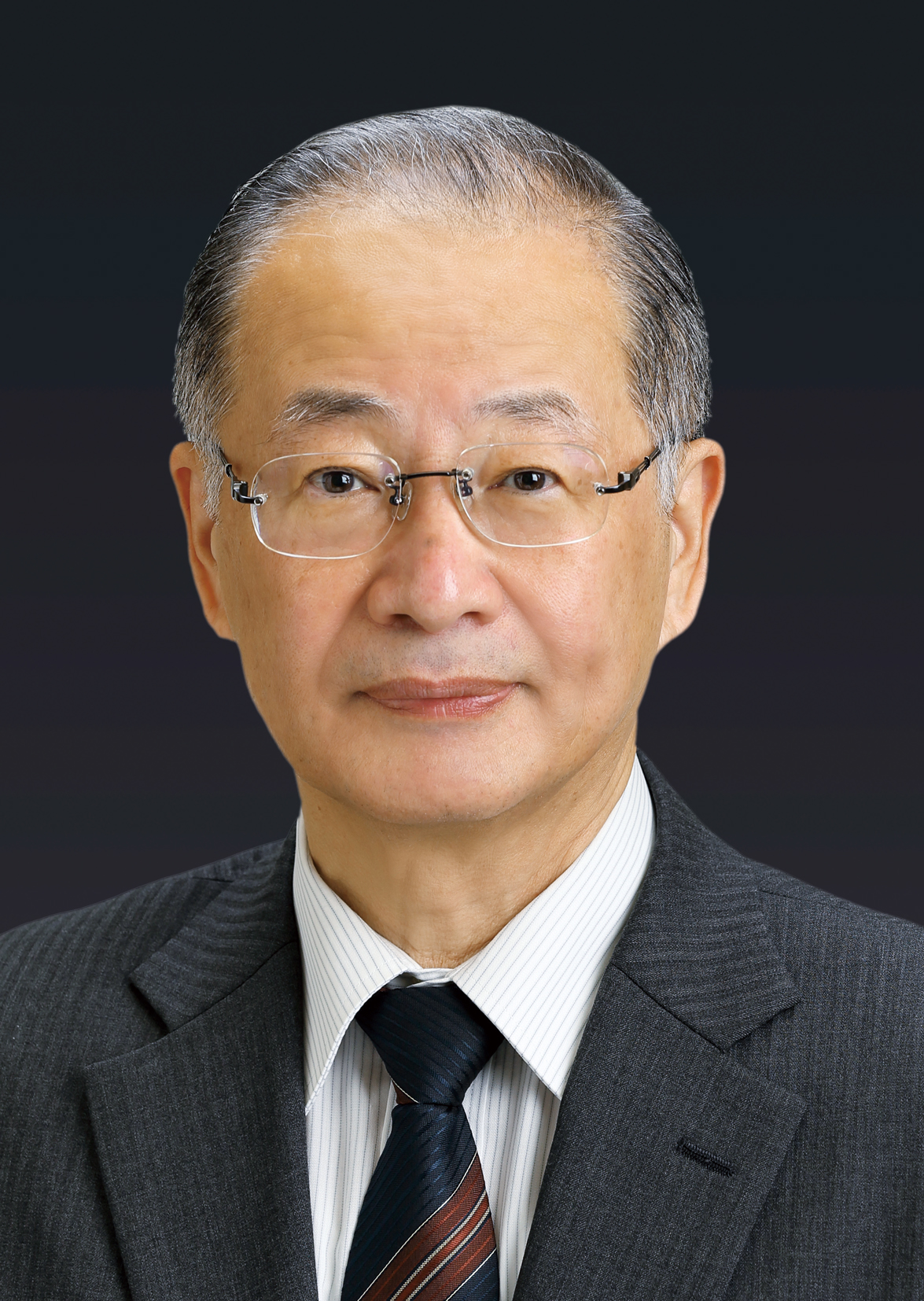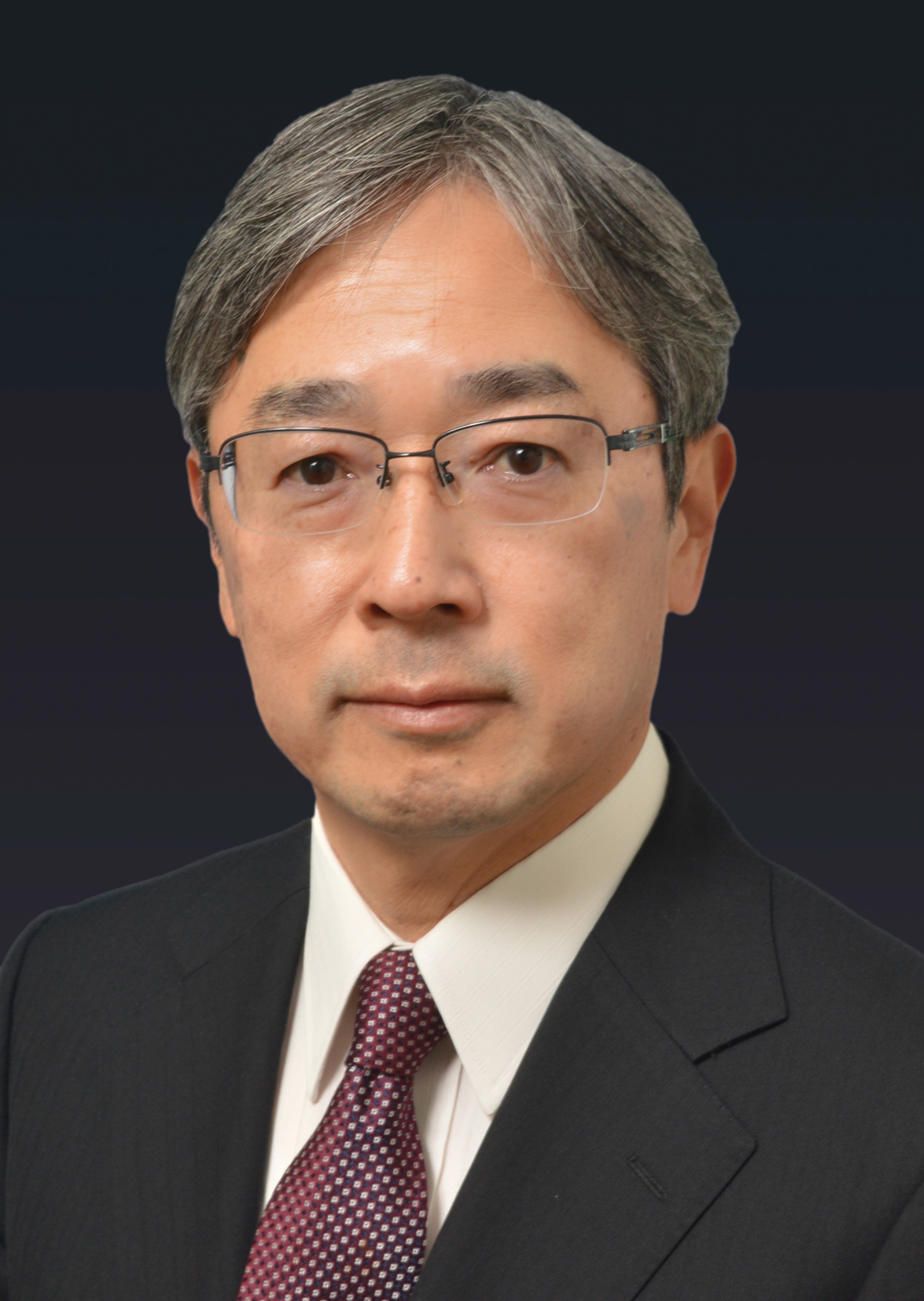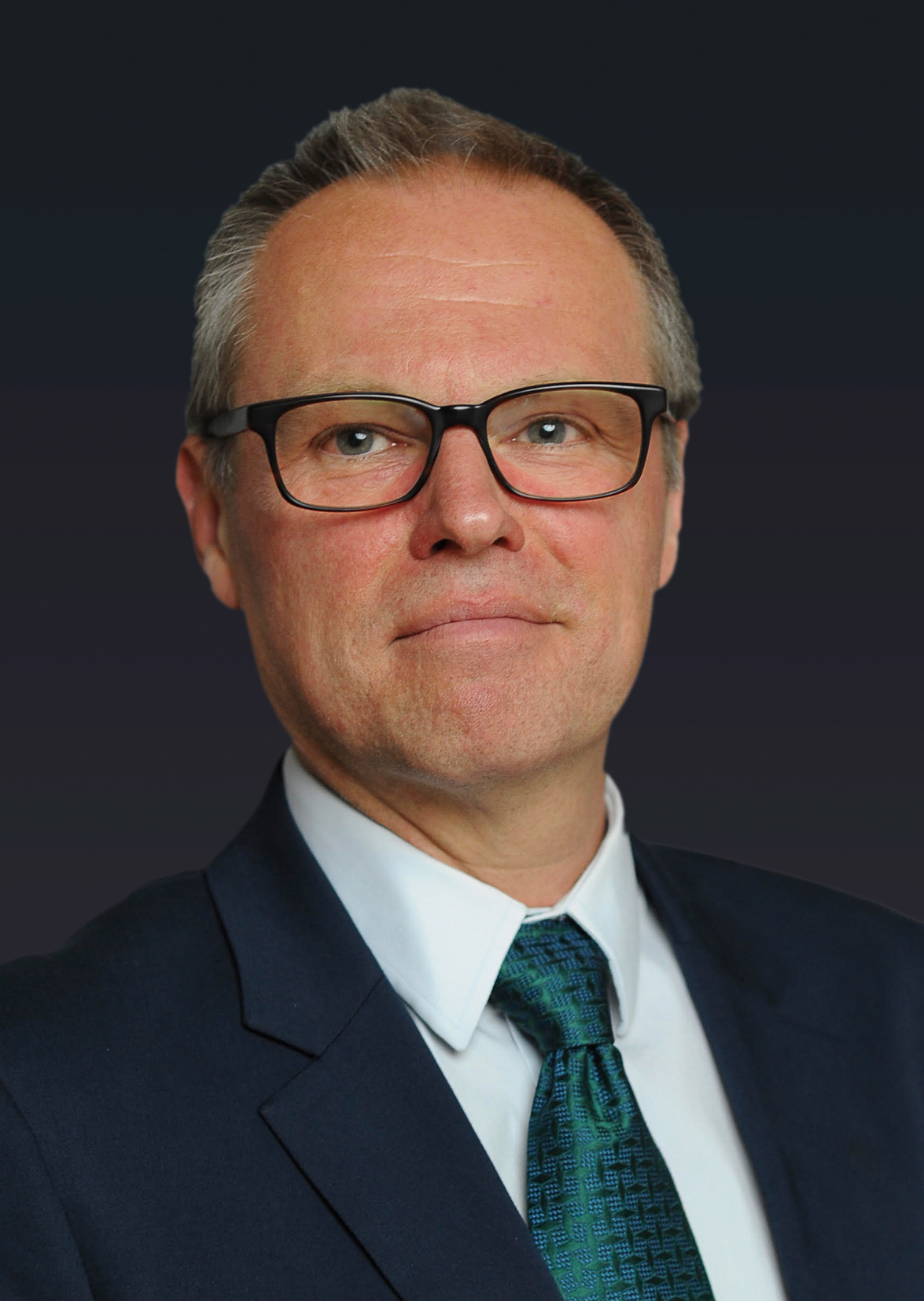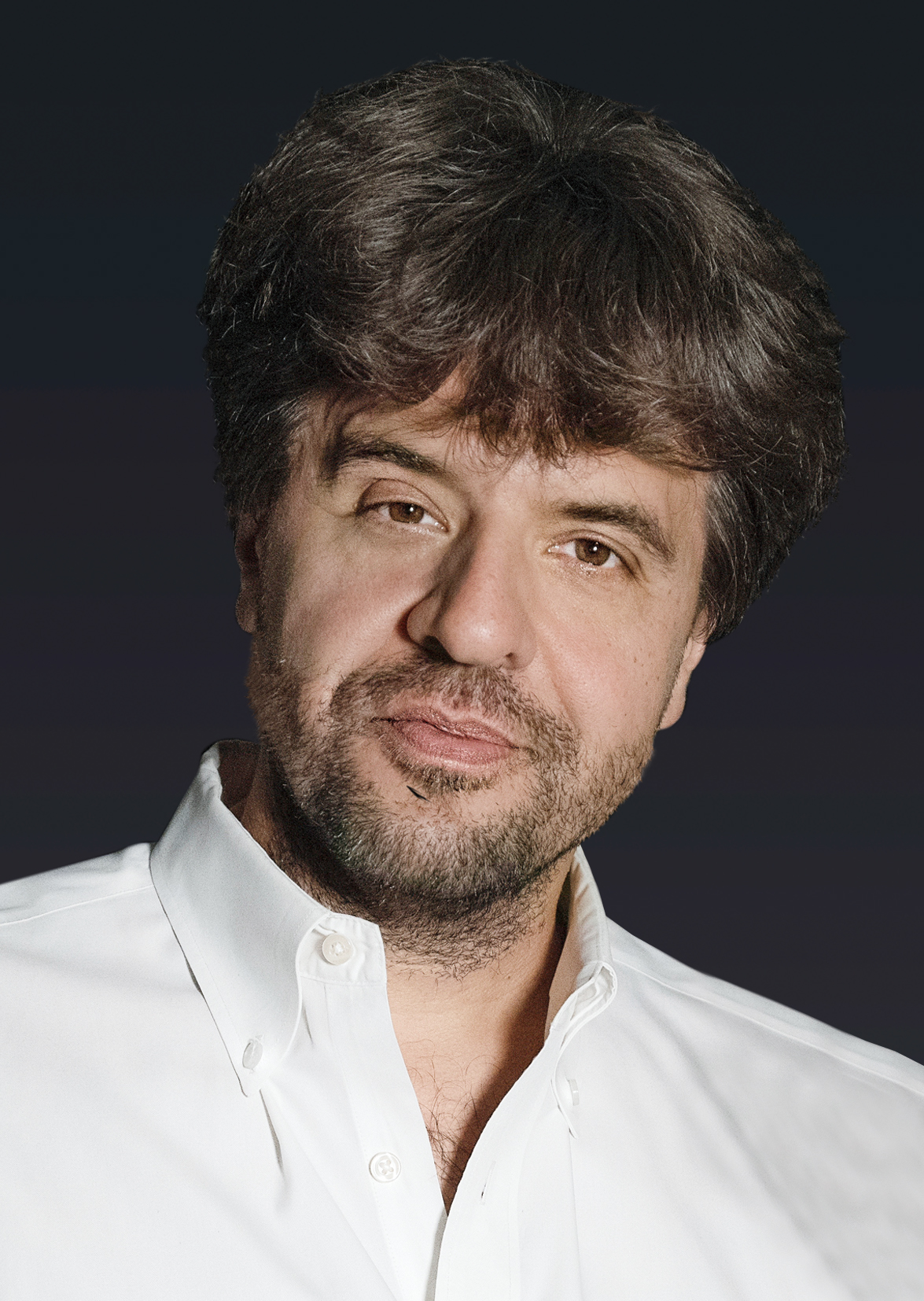China’s new Foreign Minister Qin Gang wrapped up his first international tour to Africa this week, during which he visited five diverse countries — Ethiopia, Gabon, Benin, Angola and Egypt — and stressed that China does not see the continent as an arena for a power struggle between the West and Beijing.
“Africa should be a big stage for the international cooperation, not an arena for major-force rivalry,” Qin, who was previously ambassador to the United States, said at a press conference on his first stop, in Addis Ababa.
“The China-United States relationship should not be about a competitive one or a zero-sum game that enlarges one’s own gain at the expense of the other,” he said. “Otherwise, it will only hurt both sides and even the world.”
For more than three decades it’s been a tradition that the top Chinese diplomat’s first foreign trip is to Africa. President Xi Jinping, who’s entering his second decade in power, has invested heavily in the continent through his Belt and Road infrastructure initiative, which has expanded since its initial inception and includes Chinese investments in projects that build land and sea trade routes to continents around the world.
Some analysts say the U.S. is now playing catch-up with China in Africa, a resource-rich region with a growing population. In December, U.S. President Joe Biden hosted a summit of African leaders in Washington, and the past year has seen a flurry of visits to the continent by top U.S. officials.
“I think America has politically prioritized Africa at a later stage in the contemporary game than what China has. … Is America late to the game? It’s certainly later than China,” said Lauren Johnston, a China-Africa researcher at the South African Institute of International Affairs.
Ethiopia
In Addis Ababa, the seat of the African Union, Qin opened the new Chinese-built $80 million African Centers for Disease Control — part of China’s “health silk road” — to great fanfare.
It was originally envisioned as a collaboration between the U.S., China and Africa. But relations between Washington and Beijing soured under the Trump administration, with the U.S. voicing concerns about the risk of China spying and stealing genomic data. Beijing called the allegations “ridiculous.”
The Trump administration also pulled the U.S. out of the World Health Organization. The three-country partnership for the African CDC collapsed and the agreement was recrafted as one between China and the African Union.
Paul Nantulya, research associate at the Africa Center for Strategic Studies, told VOA the inauguration of the building was “a very important message that China was sending about China’s commitment to infectious-disease control on the continent — so a big diplomatic win there.”
Ethiopia was also an important stop for the ambassador, Nantulya noted, because the two-year war in Tigray has been detrimental to Chinese business interests and hundreds of Chinese workers had to be evacuated. Beijing had even tried its hand at a peacemaker role, though it was the African Union that eventually secured a cease-fire late last year. During his trip, Qin pledged support for reconstruction efforts now underway in the region.
Ethiopia is highly indebted to China, owing $13.7 billion, and it was reported during the visit that Qin announced a partial forgiveness of the debt. The amount of forgiven debt was undisclosed.
“There was no publication of what was agreed in terms of debt relief. There was just talk of debt relief, and China has a tradition of having only offered debt relief for non-interest-paying loans, which are very small,” Johnston said. “If it’s something much more than just interest-free loans, then it could be much bigger and important.”
The West has frequently accused China of practicing “debt trap diplomacy” by trying to gain leverage over indebted developing countries. Qin rejected that in Addis Ababa, asserting that “China has always been committed to helping Africa ease its debt burden.”
He said China actively participated in the Group of 20 Debt Service Suspension Initiative, signed agreements or reached agreements with 19 African countries on debt relief and suspended the most debt service payments among G-20 members.
Increasing engagement
Qin’s visit to Gabon and Benin surprised some China watchers, but Nantulya said it was part of China’s increasing engagement with Francophone West Africa.
He noted that China is currently building — as it did for the African Union in Addis Ababa — the new Economic Community of West African States (ECOWAS) headquarters.
In Benin, Qin said, “My proposal is that we work together to promote synergy between Benin’s strategic development plan and the Belt and Road Initiative … in order to identify more fields of action and growth rates for our cooperation. I am thinking for example of infrastructure, agriculture, human resources training, manufacturing, and peace and security.”
In Luanda, Qin marked the 40th anniversary of the establishment of diplomatic relations between China and Angola.
“Angola is a critically important security partner of China, but at the same time also highly indebted. About 40% of Angola’s debt is owed to China, so the source of discussions that Ambassador Qin must have had in Ethiopia, he must have had the same discussions with the Angolan government,” surmised Nantulya.
Egypt is strategically important to China because of the Suez Canal and its numerous investments there, including in the new administrative capital being built outside Cairo. Besides meeting with Egyptian government officials, Qin held meetings with the Arab League.
At a press conference afterward, he addressed the Israel-Palestinian conflict, saying Israel should “stop all incitements and provocations, and should refrain from any unilateral action that may lead to the deterioration of the situation.”
Johnston said the hard tone of Qin’s comments was somewhat surprising and may signal that he’ll be a different kind of foreign minister than his predecessors.
“When he was ambassador to the U.S., he was known for being somewhat strident in some of his statements,” said Johnston. “Maybe’s he’s come away from the U.S. with his own perspective from engaging in those policy circles … maybe he has some quite different angles and views on global diplomacy based even on that.”
Source: Voice of America





